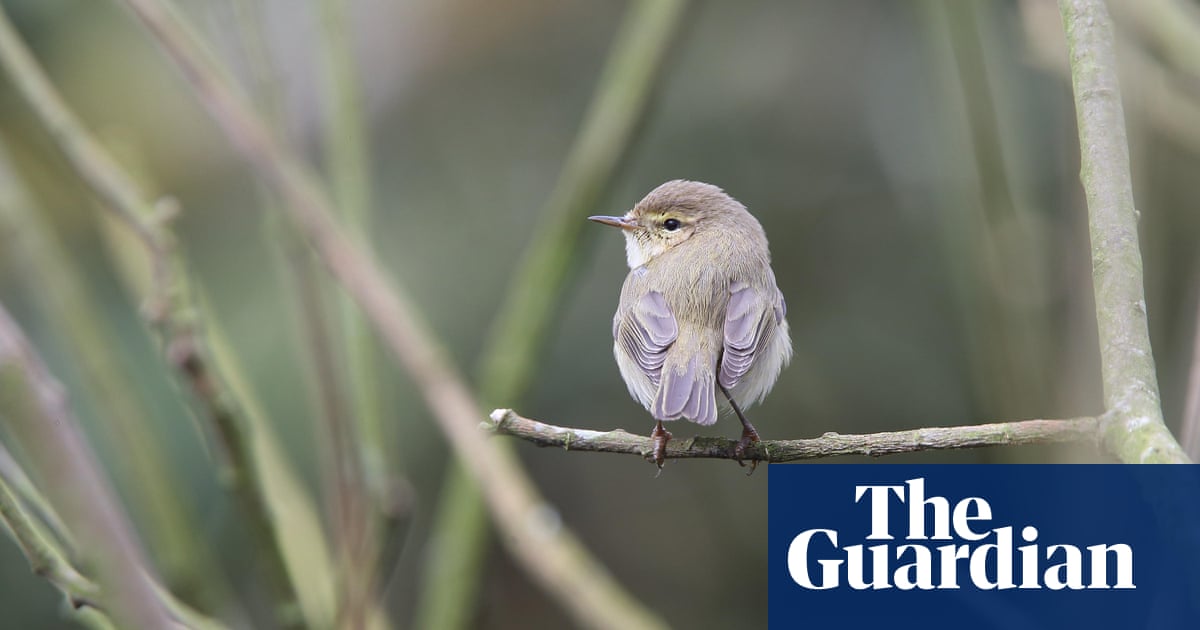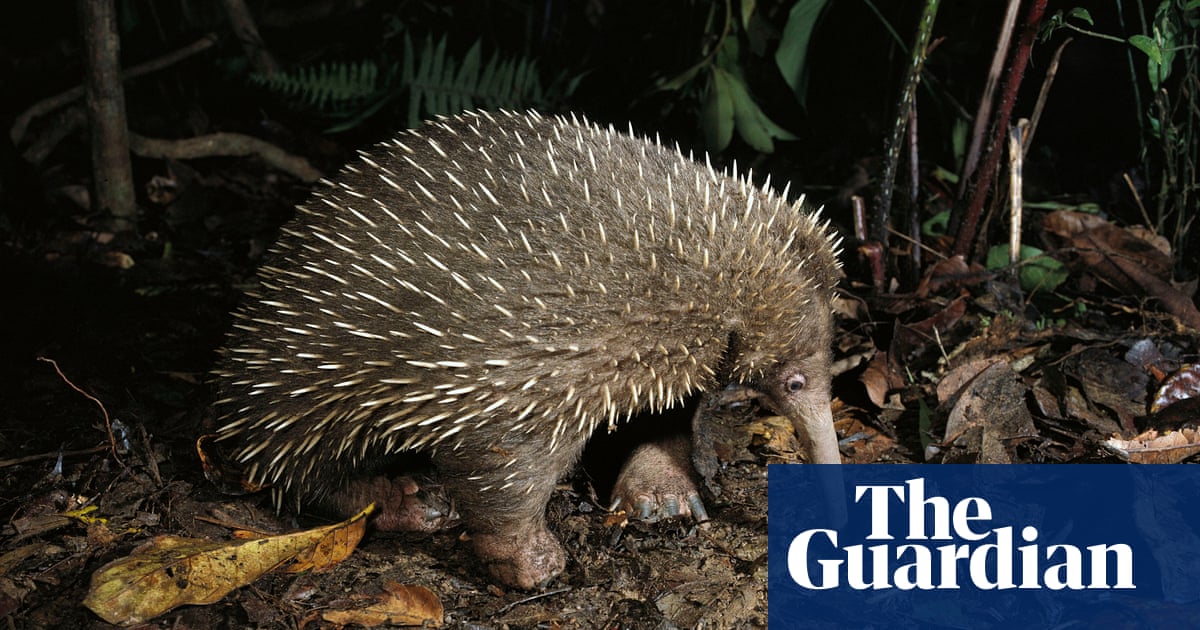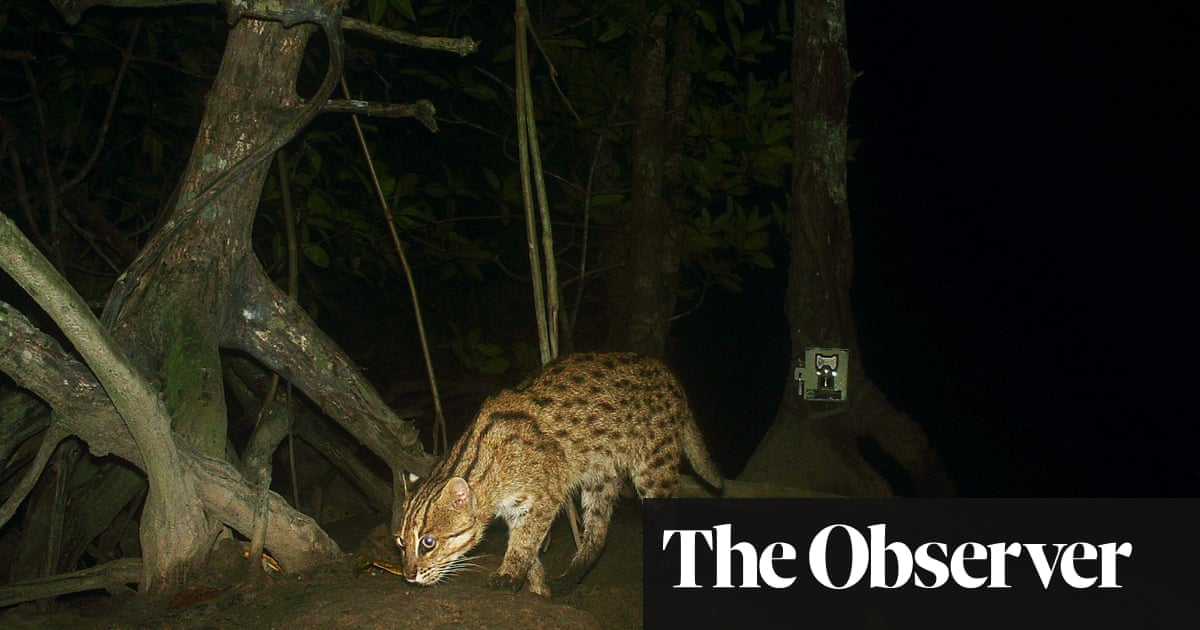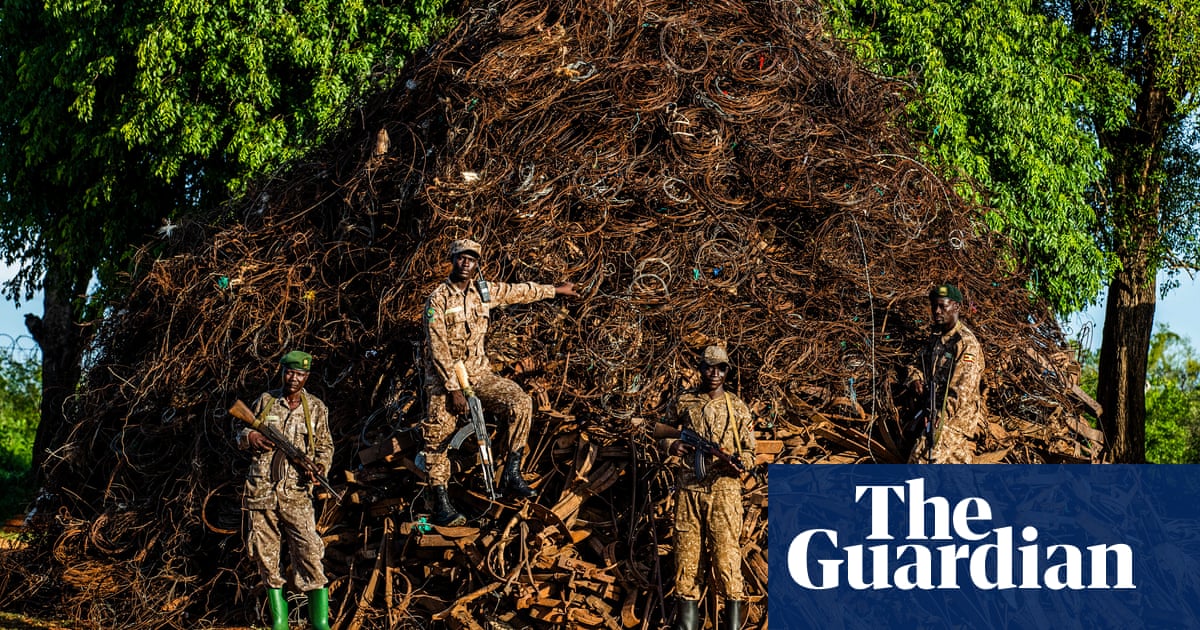
A new species of grasshopper discovered in Catalonia in north-east Spain has been named in honour of two local wildlife rangers who were murdered by a hunter in 2017.
The insect, a member of the orthoptera order that includes crickets, grasshoppers and locusts, has been named Pycnogaster ribesiglesiasii after Xavier Ribes Villas and David Iglesias Díez, who were shot dead when they were working in the Segrià region of Catalonia.
The insect was discovered in Anoia, about 40 miles (65km) west of Barcelona, and occupies a habitat of only about 1,000 sq metres (1,195 sq yards).
Josep María Olmo, a biologist with the Catalan government who has spent years seeking new species, described it as an area of unique biodiversity.
“We have given it the name ribesiglesiasii in recognition of the great work of wildlife rangers in conserving biodiversity,” Olmo said. “In fact, it was wildlife agents who helped us discover it. The more popular name it bears, somereta de Davier, refers to their first names, David and Xavier.”
Ribes and Iglesias were on patrol near the village of Aspa in the Catalonian province of Lleida when they came upon a group of men shooting thrushes. One of the men, Ismael Rodríguez, shot the agents with his unlicensed shotgun, then reloaded and shot them a second time.
Rodríguez waited almost an hour before ringing the emergency services. When he finally did so, he told the operator: “They came and I got nervous and I don’t know why I reacted the way I did.”
In February 2019, Rodríguez was found guilty of premeditated murder and sentenced to 45 years in jail. He was also ordered to pay more than €1m to the victims’ families.
The killings led to calls for Spain’s 6,000 wildlife rangers to be armed.
Llorenç Ricou, the head of the wildlife rangers in Lleida, told the Guardian that Ribes and Iglesias’s families, friends and colleagues had been deeply touched by the gesture.
“This insect was discovered by wildlife rangers, one of whom had trained with David Iglesias,” said Ricou. “When it emerged that this was a species that had never been identified, people realised it would need a name. The wildlife rangers asked that it be named after their two murdered colleagues who had done so much to protect nature.
“Animals normally end up being named after scientists, but in this case it’s been named after two rangers. A lot of people don’t think it’s a big deal, but to those of us who dedicate ourselves to protecting the natural world, it’s a lovely and symbolic act.”












